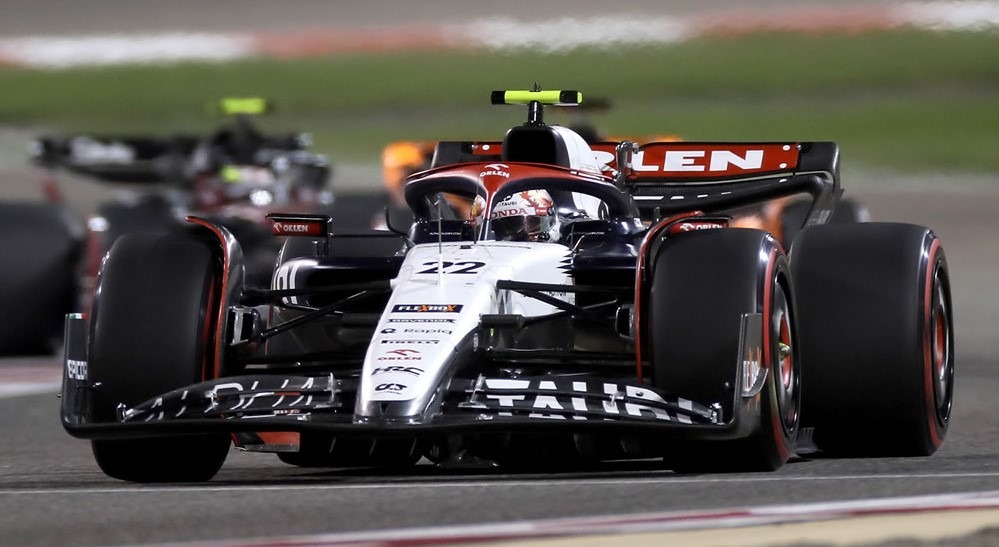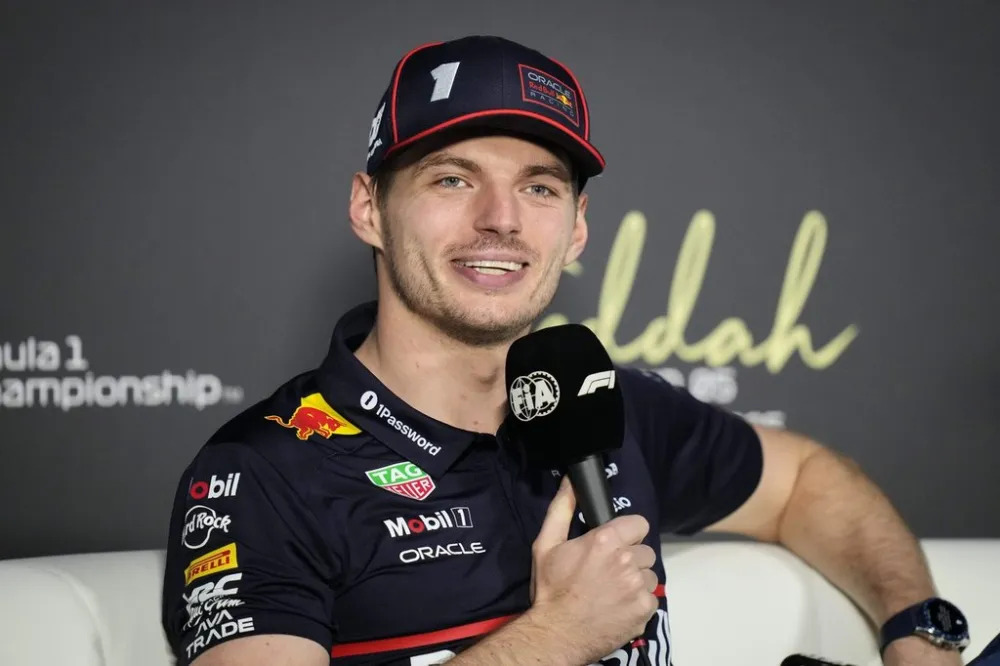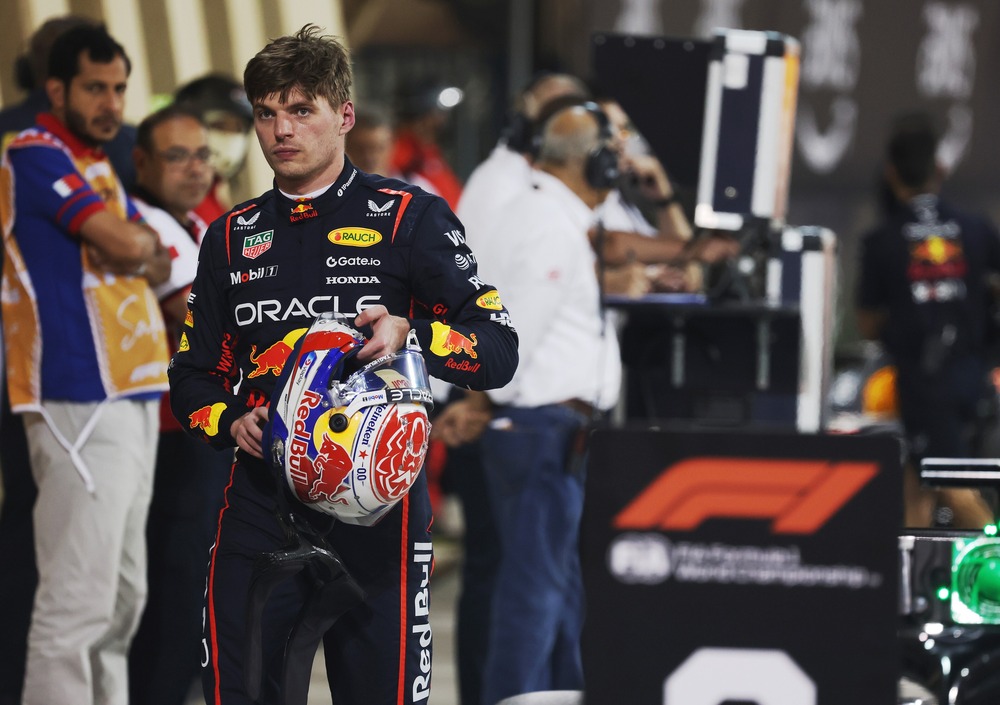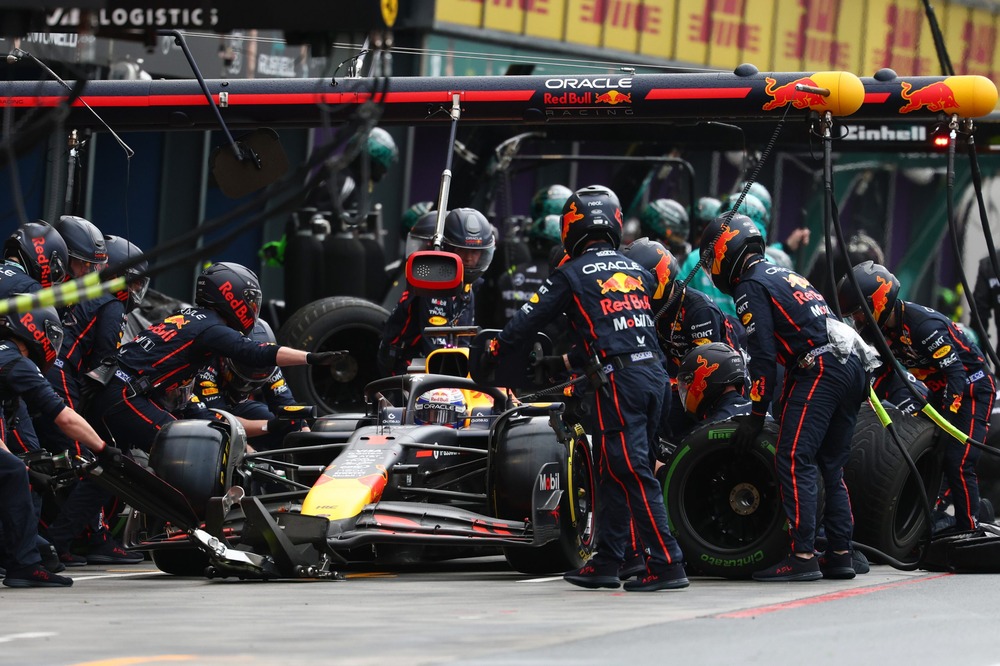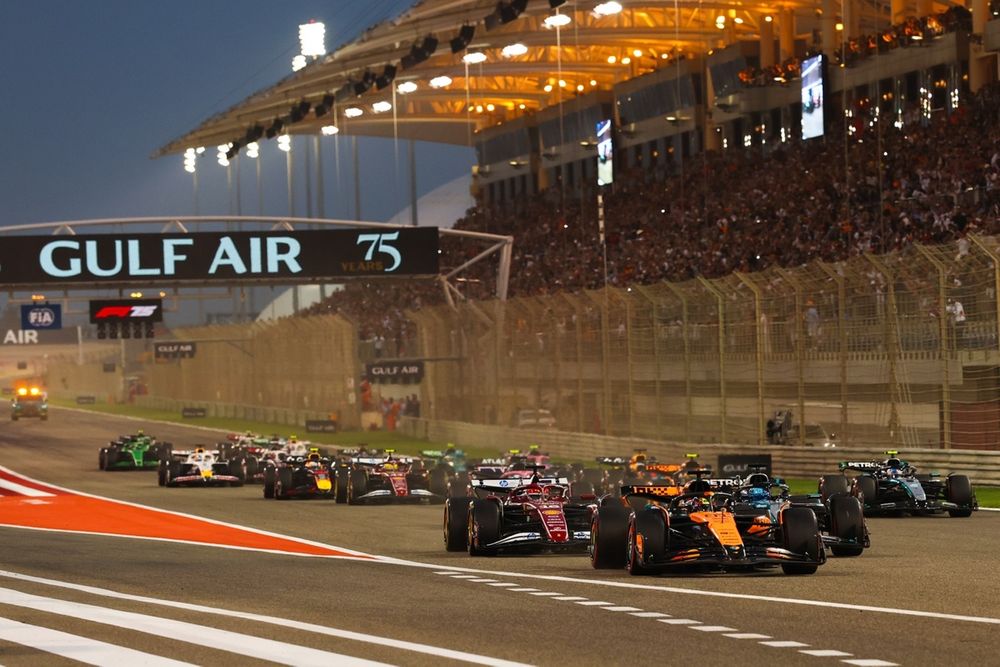AlphaTauri CEO Peter Bayer declared that the Faenza outfit will no longer prioritize on developing rookie drivers as the team relaunches in 2024 under a new indentity.
The AlphaTauri Formula 1 team is now required by Red Bull Group to solely focus on achieving the best possible results rather than acting primarily as a training ground for prospective recruits to its sisterr team, as was previously the case.
Now that AlphaTauri is prepared to change its name, to say that the team is going through a significant transition would be an understatement. With a new name, new sponsors as well as a new team principal Laurent Mekies, the team has an entirely new goal above all else: to bounce back from two seasons that the ownership found disappointing and gain more traction in Formula 1.
The Red Bull Group, which owns the team, is actively working to lay out the team’s performance comeback by adopting a specific strategy which involves stepping up the collaboration between Red Bull Racing and AlphaTauri, which is currently under discussion and will likely be looked at even more in the coming weeks.
There is no estimated time frame for this turnaround to happen currently or in the medium to long term. That is, a few weeks from now when Sakhir will host the pre-season tests and soon after the first of the 24 grand prix that will define the 2024 Formula 1 calendar.
Ever since the Red Bull Group acquired the Faenza team, it has served as a starting point for the development of rookie drivers and the best later join the Red Bull Racing team. However, this strategy has now been put to rest.
This comes after the departure of Franz Tost who served as the team principal. The 68-year-old had a strong desire of bringing in fresh rookie drivers to the squad. Max Verstappen and Sebastian Vettel were among the drivers who joined the Italian team under the leadership of the Austrian.
Now, AlphaTauri CEO Peter Bayer and new team principal Laurent Mekies have taken over as the team leader following Tost’s departure.
Bayer stated that the team now faces greater pressure to be competitive given all the new changes, which makes bringing in rookies more challenging.
“The shareholders, when they were resharpening things, they also said, ‘we want you to be competitive’,” said Bayer. “Franz always says, and honestly in the meantime I agree 100%, that a young driver needs three years to be sort of ready for F1.
“With all the complexity the sport is currently requiring, and the amount of information they have to digest and process and then feed back to us, so that we again understand as a team what to do, how to change the settings and so on, and to be competitive, simply they need a lot of time.”
According to Bayer, the volume of additional radio traffic he observed last year when Lawson replaced the injured Ricciardo was a good indicator of the support that rookies sometimes need.
“I understood that the moment we put a young driver into the car,” he added. “Because what’s happening is it’s actually a change of flow of information, whilst with an experienced driver like Daniel it’s him feeding the engineer, who is feeding the operations room, who are then again coming back with stuff.
“With a young driver it’s coming from the ops room to the engineers to the pitwall to the driver, ‘Constantly watch out in that corner… Now make sure you get the toggles right’, or ‘brake later, brake earlier, watch the steering, watch your rear, watch engine braking. Oh, by the way, there’s someone coming from behind.’
“Honestly, it’s like in a theatre, the guy’s like bu-bu-bu-bu-bub all the time. While with Daniel it’s quiet.
“And once a lap, he will come back and say, ‘guys, an issue with the rear, can you have a look?’ ’Oh, yeah, we see actually overheating, we can do something on the differential.’ And it’s fixed.
“Or he will come back after three, four laps and say, ‘have you thought about changing the strategy? Because I’m stuck here in a DRS train, and rather than waiting, why don’t you…?’ ‘Yeah, good idea!’
“You feel the difference and then obviously the work we do with him in the simulator, vehicle performance, that whole area is a different ballgame. So one experienced driver who takes under his wings a young one. And even that young one needs to be prepared.”
It is clear from Bayer’s statement that the team will now do more private testing with young drivers in a two-year-old car unlimited by the rules, just like their rivals. For such testing, the 2022 cars—the first that are subject to the current ground effects regulations—can now be used.
“That’s another new area for us next year,” he said. “We want to take some of the money we’re making currently to make sure we can prepare the young drivers in the best possible way.
“I think Oscar Piastri is the best example. He ran I don’t know how many hundreds or thousands of miles [with Alpine], but he came in and he understood the car.
“He understood the dynamics, he understood the switches, and it makes such a big difference, and so it connects you fully.
“And we have a big programme actually for Liam and Isack [Hadjar] and potentially [Ayumu] Iwasa, and we want to make sure that we run them as much as possible also.
“It’s interesting that the previous car is a ’22 car, so it’s finally a relevant car.”
AlphaTauri has retained Daniel Ricciardo and Yuki Tsunoda for the upcoming season, while Liam Lawson, who took part in five races last year, will be remaining as the test and reserve driver.

